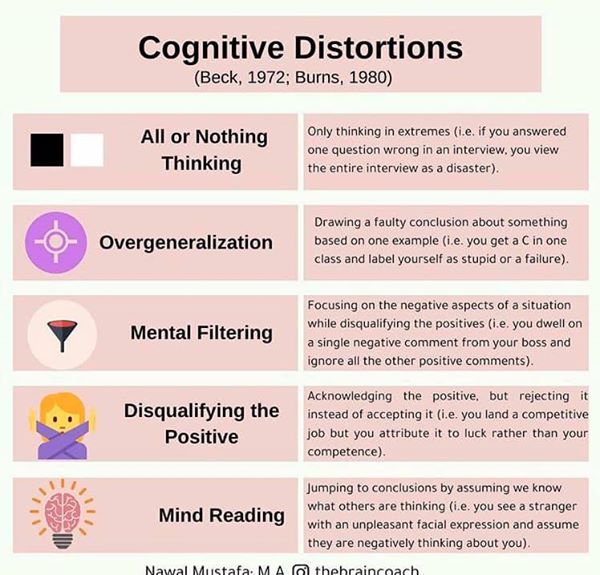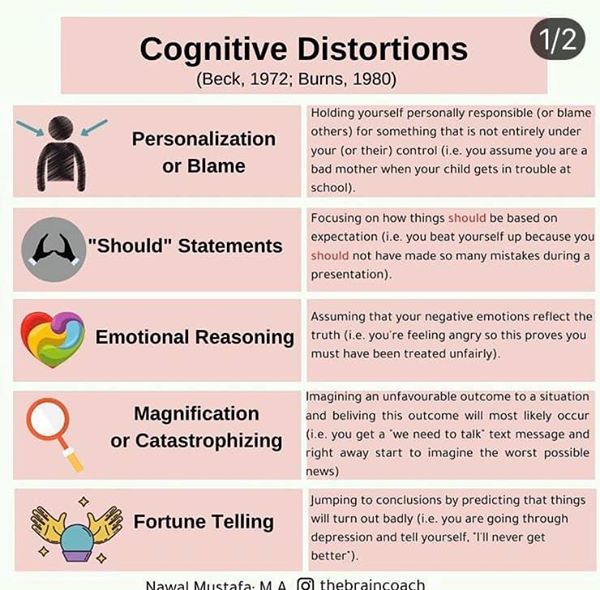AUTHOR: Julissa Ledesma
Today, I would like to point out that a major part of living a royal lifestyle is cultivating healthy thoughts. The biblical verse in Romans 12:2 instructs us to be transformed by the renewal of our minds, which I believe is a continued multi-layered process.
One common misconception is that we have no control over our thoughts. This is not true: We do have control and we can purposely challenge every thought that comes into our minds, and also choose what we will accept or reject. This is crucial because our thoughts and the conclusions we make directly affect our actions in a positive or negative way.
One major factor of renewing our minds is becoming aware of what we are thinking about. The common adage “don’t believe everything you think “could be true in many instances. Often, many of our common thoughts may be irrational or inflated and we run the risk of accepting them as face value. For example, we may assume that a purely coincidental event may have been intentionally perpetuated. This is not saying that we should never trust our thoughts or perceptions but we should be mindful that we may have over time developed mal-adaptive (automated) thought patterns. These can be hard to recognize if we are not cognizant of them.
With this in mind, I would like to introduce the concept that many academic textbooks refer to as cognitive distortions. Cognitive distortions are biased perspectives we take on ourselves and the world around us. They are irrational thoughts and beliefs that we unknowingly reinforce over time. These patterns and systems of thought are often subtle–it’s difficult to recognize them when they are a regular feature of your day-to-day thoughts. That is why they can be so damaging since it’s hard to change what you don’t recognize as something that needs to change!
As I mentioned earlier, In order to challenge and avoid these negative thinking patterns, we must learn to identify, modify and correct them.
Listed below are the most common cognitive distortions we may all have fallen for at one point or another. Some types of distortions are:
· All-or-Nothing Thinking
· Overgeneralizing
· Discounting the Positive
· Jumping to Conclusions
· Mind Reading
· Fortune Telling
· Magnification (Catastrophizing) and Minimizing
· Emotional Reasoning
· Should Statements
· Labeling and Mislabeling
· Personalization
The images below include definitions and examples.


